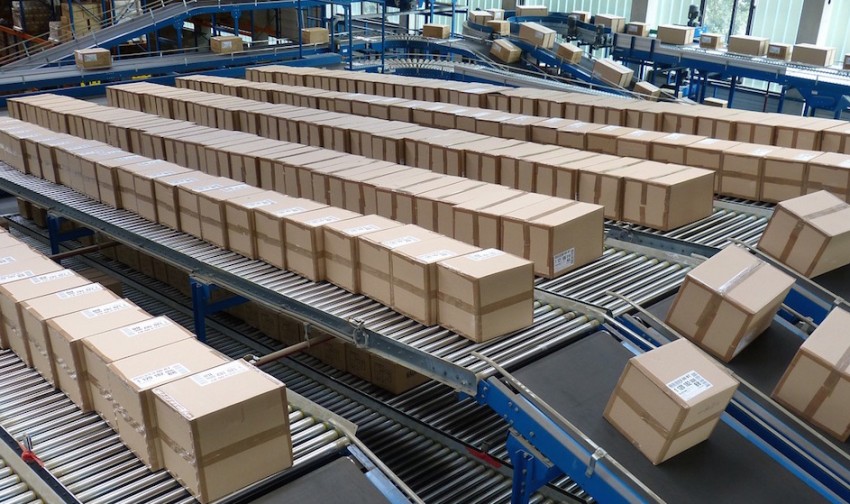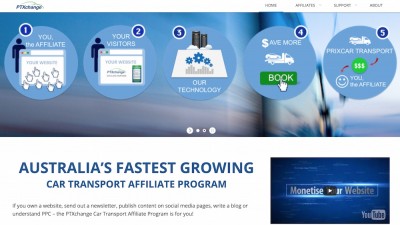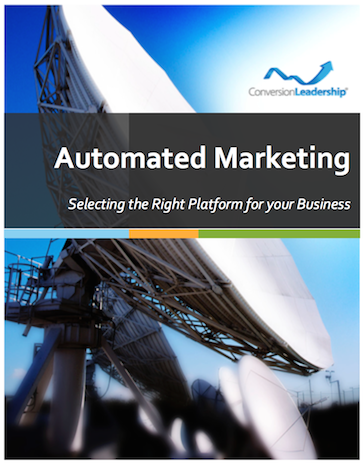CRM in Logistics & Supply Chain Industries

CRM in logistics & supply chain industries has long been intentionally never spoken about.
"We don't need a CRM! They either buy from us or then don't. And besides, we're not investing in another multi-million dollar upgrade!"
You see, with the logistics and supply chain industry, it's often the mainframe applications, tightly interlocking chunks of software have taken hold and form the core of "the system".
This is where the bulk of the order processing takes place. (And to change a "well-oiled" machine? Well, that's just outright risky!)
Several advances in technology trends across supply chain and logistics industries though, offer significant benefits to already established companies.
Technology Trends in Supply Chain & Logistics Industry
But let's not forget, the customer lifecycle starts with...the customer. Or more specifically, with the lead or prospect.
And herein lies a problem.
There are no off-the-shelf connectors available in the market to fetch data from mainframes and interface with leading CRM systems like Siebel, SAP, Salesforce etc.
The connector solution depends totally on custom in-house development by the company's IT department. As such, it is often associated with high development and maintenance costs.
And so the challenge begins.
For those wanting to take advantage of CRM in logistics industries, the big question is how do you develop (and maintain) those connectors at the lowest cost possible?
Adopting CRM in Logistics
Choosing a mature CRM platform gives a clear road map for implementation and upgrades. And, it provides access to industry best practices.
It should deliver a robust solution in three main business areas that form the core of the logistics industry:
- Service management. Query, Request and Complaints Processes
- Order management. Pickups, Booking and Handling
- Opportunity management. Managing the opportunity life cycle
Case Study of CRM in Logistics and Lifecycle Marketing
When asked by Australia's leading vehicle transport company to deliver complete automation across their retail car transport business, we turned to Infusionsoft and delivered an integrated customer-focused solution on several fronts.

From quotes to customer surveys as well as creating Australia's first vehicle transport affiliate program, PrixCar were able to easily and rapidly integrate core parts of their operations and made CRM a core part of their customer lifecycle management strategy.
Adopting CRM in logistics for customer service was able to provide PrixCar Services with a consolidated view of the customer information across the entire lifecycle.
Extending it to the PTXchange now means working with multiple customer acquisition channels.
More importantly, it showed that even mature industries like logistics and supply chain need a ultra-fast way to innovate and become more customer focused.
Marketing automation in the logistics industry delivers results, even for established industry leaders.
The logistics and supply chain industries are at a cross road. CRM in logistics lets the industry begin a low-cost journey along the customer acquisition path.

